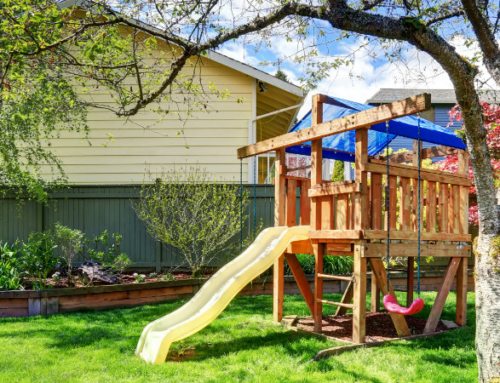Are you moving this month? You’re not alone. According to Census figures, approximately 1 in 9 people move every year, or about 40 million Americans. More people move in May than in any other month, according to industry experts.
Whether you’re moving into a condo or moving into a rental, you’ll want to make sure that the moving company you’re using knows what they’re doing and will take good care of your possessions during the move. In addition to just bad movers, there are plenty of “bad actors,” scam artists who pose as movers, so you’ll want to take the time to find a moving company you can trust.
Whenever you move, here are 5 questions to ask moving companies:
1. Are you the mover or are you a moving company broker?
When you search online for a moving company, you may wind up on a website that is run by a moving company broker. While brokers do play a role in attracting moving prospects and then matching them to a moving company, they aren’t the company that will give you a binding estimate or with which you’ll sign a contract. Moving companies will be responsible for loss or damage, while a broker will not. Finally, brokers are often compensated for leads they send to a moving company. They could have an incentive to sell your name and information to the company that pays the most rather than only work with legitimate moving companies.
2. Do you give binding quotes?
The answer should be “yes.” A moving company is able to give a binding quote. That means, they can give you a moving cost estimate that will include the phrase “not to exceed” and some amount of money. Typically, movers won’t give binding quotes over the phone. They’ll need to come out to your home and after reviewing how many rooms (and how much stuff you have in each room) they’re moving, they’ll provide a written, binding quote. Brokers typically don’t provide binding quotes (or any sort of quote you can rely on).
3. What are the extra moving charges I might encounter?
Moving companies will often try to upsell you on items, like moving boxes and packing tape. That’s different from extra charges you might encounter because of specific issues with your move. If you are on the top floor of a four-story walk-up, you might pay a higher dollar per hour charge or an extra flat fee. If you’re transporting your furnishings across state lines, or across the country, you might have long carry charges or storage charges. There might also be extra fees for moving appliances, parking, fuel for long-haul carries, pianos, heavy statuary, and artwork.
In addition, if you have extra valuable items that your own homeowners insurance policy won’t cover during a move, you’ll have to pay for an extra high-value moving insurance policy. The typical insurance policy covers about 60 cents per pound, but you’ll want to know upfront how much it will cost to upgrade that policy. (You can also work with your regular insurance policy to buy coverage, though you may need an appraisal for extremely high-value items.)
Be sure to ask for a written list of additional fees and ask the company to detail during the inspection which ones might apply to your move.
4. Will my belongings stay on the same truck for the whole move?
Every time movers touch your furnishings, there’s a possibility of damage. Sometimes items have to be transferred during a move, or you may need two trucks in order to move. Be sure you understand if your belongings will have to change trucks mid-move and who will oversee that transfer.
5. What forms of payment are accepted?
If the moving company you call says it only accepts cash, hang up. That’s a sure sign of trouble. You’ll want a written, binding estimate, and you want to understand exactly how much is due upfront and how much upon the delivery. Is the deposit refundable? Can you use a credit card? Is there a fee for using a credit card? Do they accept checks? What happens if something is missing or broken? Be sure you understand exactly how you will pay the movers and what liability you will take on if you pack up your belongings rather than have the mover pack for you.







Moving is usually stressful so I appreciate the tips you gave for making it an easier process. For residential moving I think I’ll leave it to professionals next time around, that should make things go much quicker. Thanks for the moving tips!